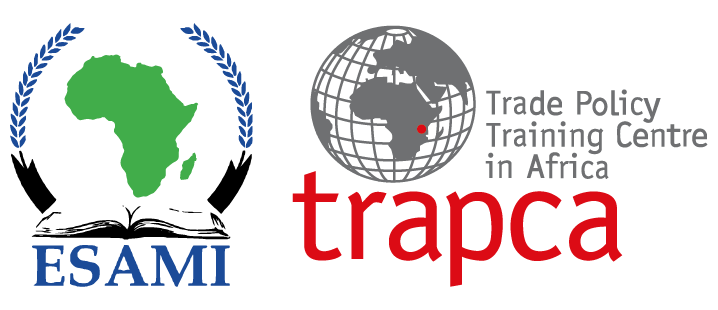Statement of the need
Arbitration and dispute settlement have become the cornerstones of confidence for players in the domestic and international markets. Private players are incentivized to invest and transact on the basis that in case of disputes among themselves and/or with governments fairness and remedial measures will prevail. Arbitral Systems are therefore key to ensuring the efficient functioning of the domestic and international markets. They also complement the socioeconomic goals of governments to attract foreign invest and mobilization of domestic investments and create an enabling environment. This notwithstanding, arbitral and dispute settlement systems are not without short falls. Criticisms have been levelled against the existing systems ranging from their lack of consistency of decisions, the lack of transparency of the process, and the lack of legitimacy and accountability of the system and the arbitrators and panellists. In this context, most African countries have gotten the bitter end of international arbitration while almost not having a significant role in dispute settlement. Most African countries are ill-equipped to deal with arbitration and dispute settlement both institutionally and at the human resources skills level. Only a few countries have started building domestic arbitral systems albeit limited to a few sectors.
Learning Objectives of the Course
Content
Target Group
Officials from Trade and Trade Related Ministries, Officials from Regional Economic Communities, Negotiators, Regional Integration Practitioners and Judges and lawyers. Research centres, non-government and civil society organizations, journalists, and staff of international and non-governmental organisations are also target beneficiaries of this course
Venue 1
Arusha
Date:
1- 5 July 2024
Duration
1 Week
Course Fees
$1,250
Venue 2:
Seychelles
Duration
1 Week
Date:
4 – 15 December 2024
Course Fees
$1,600
